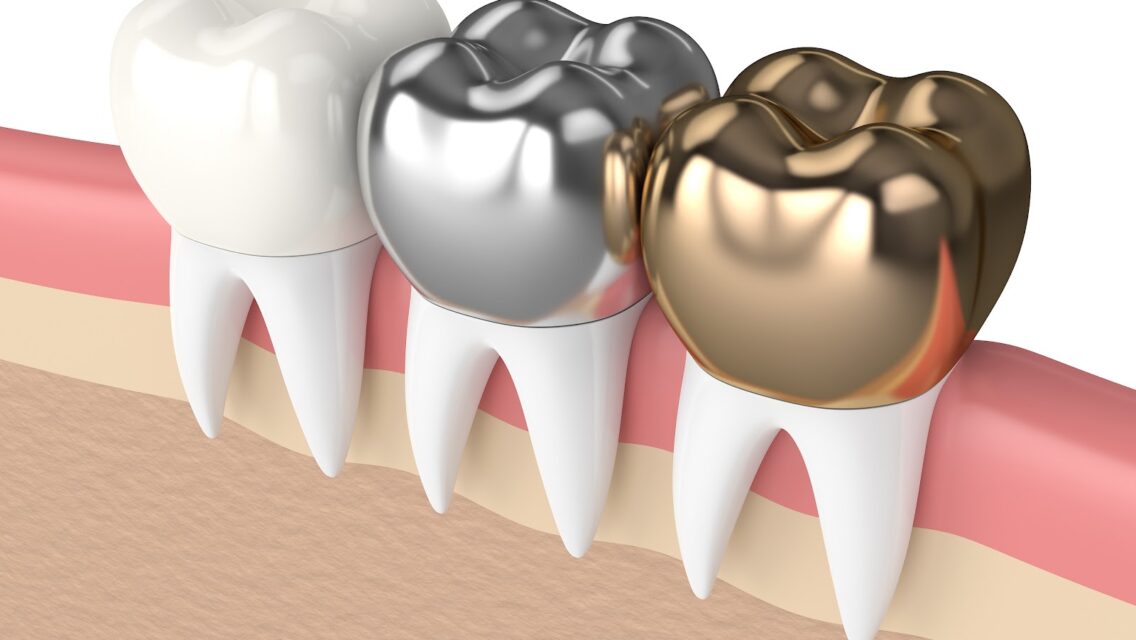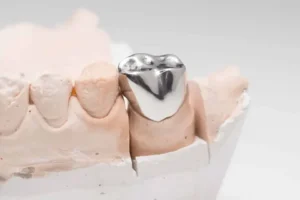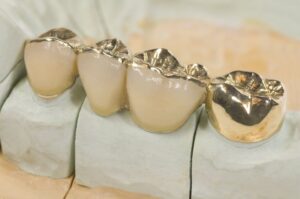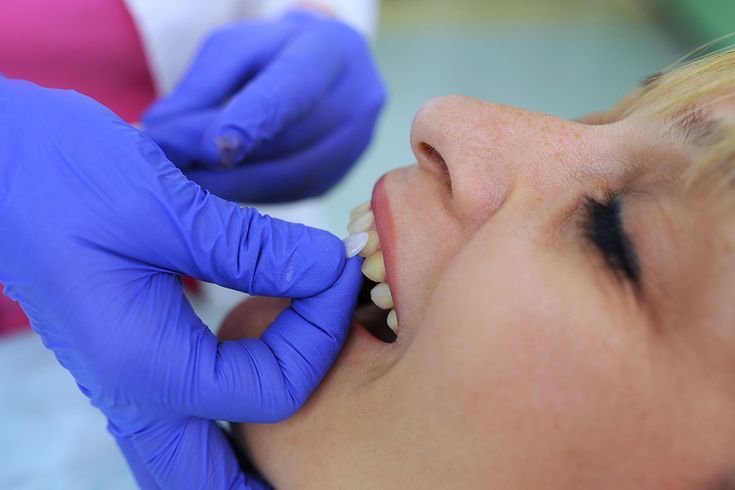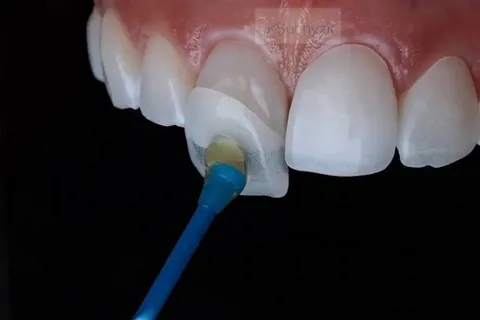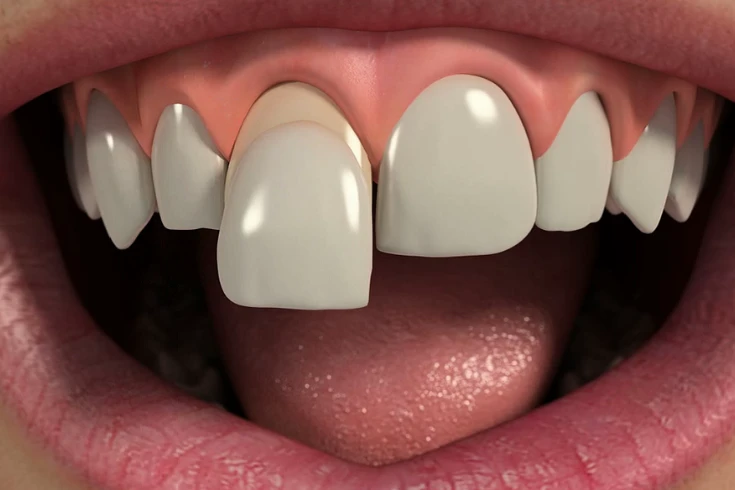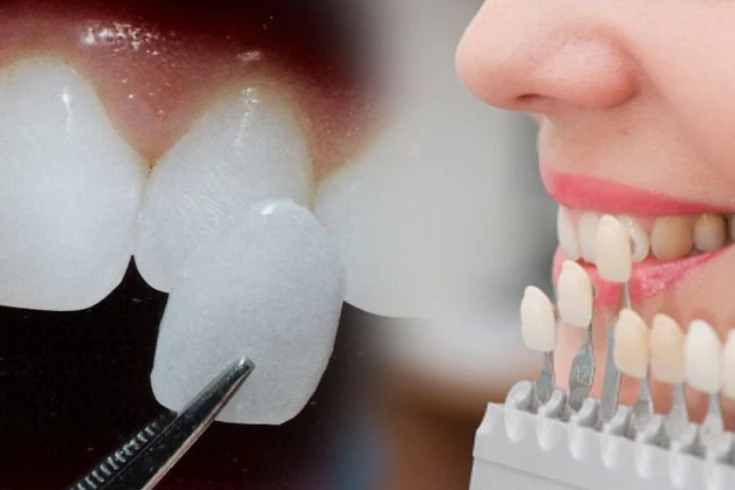Silver crown teeth are considered to be one of the most commonly used dental restorations; they effectively cover your tooth and make it last longer. The dentist manufactures the crowns using good-quality metal alloys. The dentist considers metal alloys to be one of the strongest materials available for dental restorations.
In the blog below, we have discussed some of the advantages of silver tooth crowns, possible side effects, and why they remain the first choice for dental restorations. We’ll also take a look at important factors to consider when deciding upon a silver crown tooth and the different ways to minimize the risks involved. If you are one of the many individuals weighing their options, read on to understand the benefits and drawbacks of the procedure.
What is a Silver Crown Tooth?
A silver crown tooth is a type of dental crown made from metallic alloys. It contains silver or has a silvery appearance. The dentist uses the crowns typically for covering and protecting a decayed or broken tooth. Because they are metallic they have excellent strength and durability, hence suitable for molars that bear heavy forces of chewing. According to dentists, in a case where the structure of the tooth is highly weakened or cracked or when the tooth has undergone root canal treatment, silver tooth crowns are advised.
Why Choose Silver Crown?
Durability: It is very durable, and with good care, it may last for many years.
Less Tooth Reduction: In placing a silver crown tooth there’s minimal reduction of the natural tooth as compared to the other crown types.
Cost-Effective: These crowns are pretty inexpensive to their counterparts, the porcelain and gold crowns.
Suitable for Molars: Since they are sturdy, the silver tooth crowns suit the molars well. Since they do the major chunk of chewing
What are the side effects of Silver crown tooth?
While silver tooth crowns have many advantages, there are also some possible silver crown tooth side effects and disadvantages that you should be aware of. Knowing them will, therefore, enable you to make an informed decision.
Possible silver crown tooth Side Effects of a Silver Tooth Crown are:
- Allergic Reactions: This might arise due to the allergic reaction from the metals that make the silver crown teeth, such as nickel or other metal alloys. There is the possibility of redness, itching, or swelling around the crown.
- Gum Discoloration: The most prevalent side effects of silver tooth crowns include a grayish discoloration. It seems to occur or may be seen at or around the gum line. This occurs because of the natural tendency of the metal crown to reflect through the gums. Hence, giving an aesthetically unpleasant effect.
- Metal Taste: Some people can also experience a metallic taste in the mouth after a silver crown tooth, especially if there are other metal restorations.
- Tooth Sensitivity: After a silver tooth crown, some patients are more sensitive to the tooth, specifically to hot and cold food and drinks. It generally settles over time.
Are Silver Crown Tooth Safe?
Silver crown teeth have been employed in dentistry as a traditional application for decades. Their safety and efficiency have been very well established. Still, one may wish to evaluate benefits against side effects. Some of the factors to be considered include the following:
- Compatibility with Other Metals: If you have other metal dental restorations, you should discuss with your dentist whether a tooth crown of silver will suit you. Different metals can react and, therefore, could bring about issues that might encompass galvanic shock. (a condition in which the combined metals create a minor electric current).
- Pre-existing Conditions: Those who have a history of being allergic to metals must make this known to the dentist before he picks a silver tooth crown. In such cases, there are better options like porcelain crowns that would be suitable.
How to Reduce Side Effects
As these side effects are not set in stone, there are a couple of things that can be done to reduce the chances of its occurrence with the help of silver tooth crowns. Some of the tips to Reduce Side Effects
- Inform Your Dentist: You are supposed to inform your dentist about any metal allergy or sensitivity. If you have had metal allergy experiences, then your dentist may perform a patch test to ensure the safety of a silver crown tooth.
- Use High-Quality Alloys: The amount of nickel in high-quality silver crown teeth is minimal, reducing the chances of an allergic reaction.
- Good oral hygiene helps prevent gum discoloration and tooth sensitivity. Regular brushing and flossing, as well as adding mouthwash, can help keep the gums healthy.
How to Get a Silver Crown?
Getting a silver crown tooth usually requires two dental visits. The details of the usual proceedings at such visits are highlighted below.
- First Visit – Toileting of the Tooth: The dentist will tile the tooth in question for a crown. The dentist will removing all decay and shaping it to fit the crown. He will then take an impression that is sent to the lab for preparation.
- Temporary Crown: In the meantime, while waiting for your permanent silver tooth crown, a temporary crown is placed.
- Second Visit – Crown Placement: The new permanent silver crown tooth is cemented in place, fitted, and then polished.
How Long Does a Silver Crown Last?
The longevity of a silver tooth crown depends on several factors, including oral hygiene habits, eating behaviors, and the quality of the crown. A well-cared-for silver crown tooth can last an average of 10 to 15 years or even more. You can increase the longevity of a Silver Tooth Crown by:
- Avoid Hard food: Refrain from chewing hard foods that will damage your crown.
- Regular Dental Visits: Regular dental visits can help your crown stay in the best shape.
- Maintain Oral Hygiene: Brushing, flossing, and mouthwash keep the decay away from the silver crown tooth.
Conclusion
A silver tooth crown is considered an excellent option to restore damaged teeth, especially molars. A few possible side effects do exist; however, many of them can be managed or prevented with proper care.
A silver crown tooth may be perfect for you, significantly, if durability and cost-effectiveness outweigh aesthetics.
When going for a silver tooth crown, ensure that you communicate with your dentist about concerns you might have. More significantly, when you have metal-induced allergies, this is an issue that needs to be discussed.
Knowing the different advantages and side effects of silver crown teeth is highly important. It will help the patient to make a suitable decision for you about your dental health.
FAQ’s
- Is it safe to have other metal dental restorations with a silver crown tooth?
If you have other metal dental restorations, consult your dentist to ensure compatibility. In some cases, different metals in the mouth can interact, leading to a mild electric current sensation known as galvanic shock.
- What should I do if I experience sensitivity after getting a silver tooth crown?
Tooth sensitivity is common after crown placement and should subside over time. Use desensitizing toothpaste and avoid very hot or cold foods until the sensitivity decreases. If it persists, consult your dentist.
- How can I maintain a silver crown tooth?
Maintain good oral hygiene by brushing twice daily, flossing, and using mouthwash. Avoid chewing on hard objects, and schedule regular dental checkups to monitor the crown’s condition.
- Are there alternatives to a silver crown tooth for back teeth?
Yes, alternatives include porcelain-fused-to-metal crowns, zirconia crowns, and gold crowns. Each has its own benefits and drawbacks in terms of durability, cost, and aesthetics.
- Can a silver tooth crown be replaced?
Yes, if a silver tooth crown becomes damaged, worn, or if there is significant decay around it, your dentist can replace it with a new crown. Regular dental visits can help detect the need for replacement early.
- Will a silver crown tooth affect airport metal detectors?
No, silver crown teeth do not typically set off metal detectors at airports, as the amount of metal used in dental crowns is minimal and unlikely to trigger any alarms.

